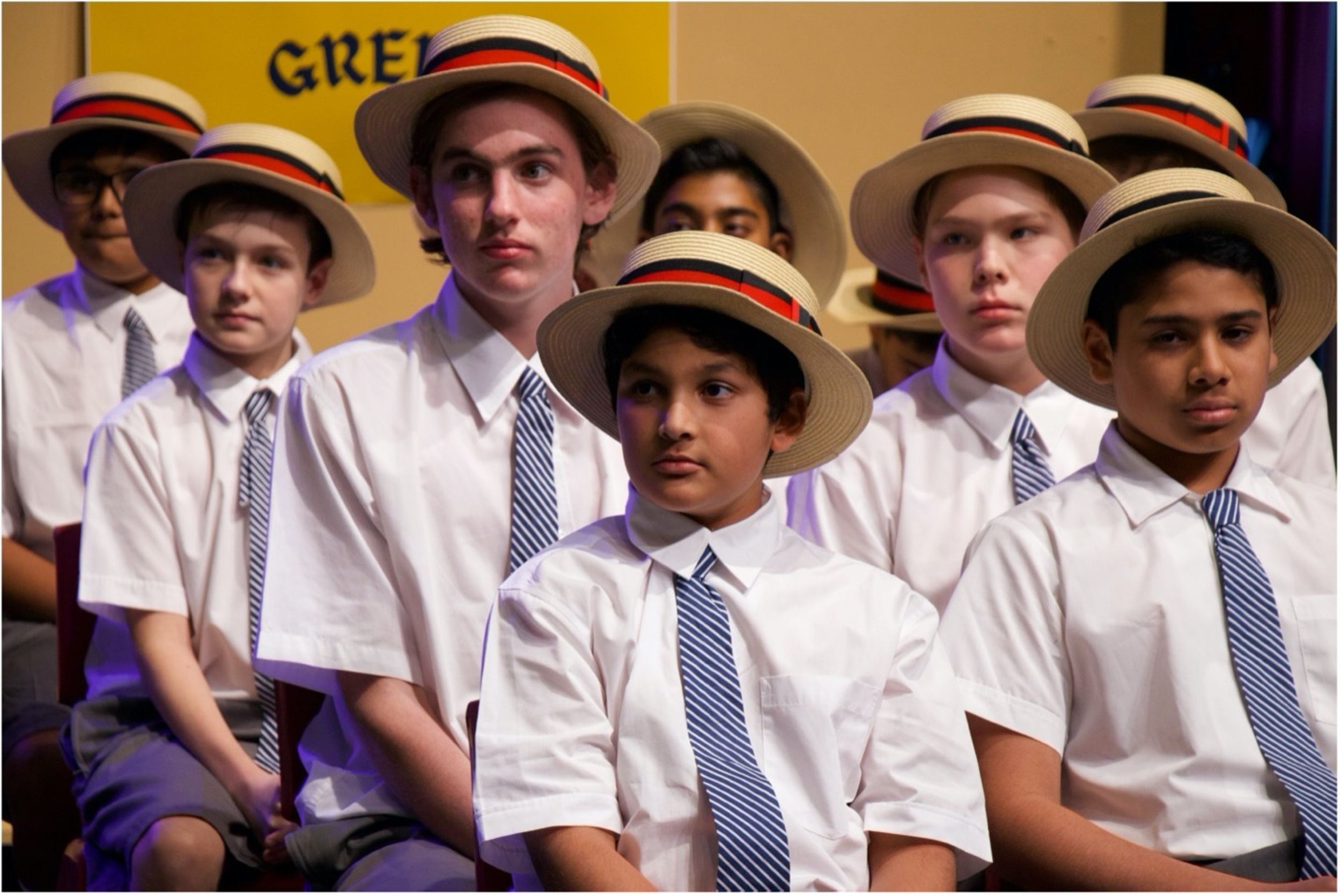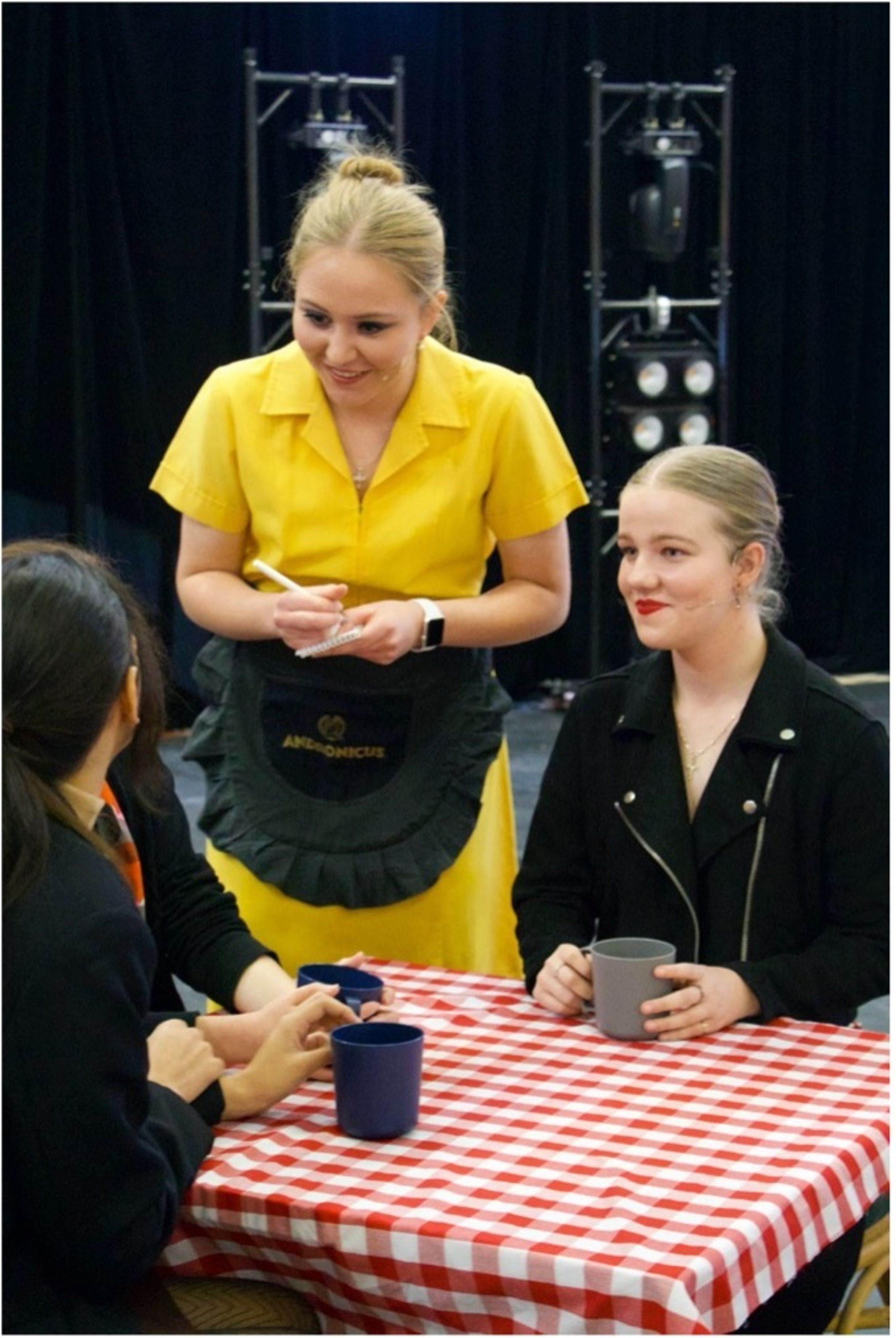From Br Steve fsc
Greetings

The Oakhill College Learning Framework guides our teaching and learning at Oakhill College and is based on best evidence and best research regarding effective learning in regard to the 21st Century Learning Outcomes https://en.wikipedia.org/wiki/.... The Oakhill College Learning Framework which is visible and accessible to students, parents, and teachers, provides access to the teaching and learning in classrooms and also to data on each student's learning. It is this data that we are now utilising better to inform teaching, to ensure we teach to student’s needs in what is known as ‘targeted teaching’ or differentiated learning. This also allows us to provide extension to those more able, and thus keep all learner’s motivated.
The Oakhill College Learning Framework is not a whole new pedagogy, but a pedagogy that includes the old, such as practice, repetition and homework, with the new such as higher-order thinking, analytical discourse, independence and ownership of learning. But as we know, boys in particular still need much guidance, supervision, explicit teaching, and short-term goals in their learning process.
Ms Celia Lashlie in her work on boy’s education reminds us that “boys overestimate their ability and underestimate the effort required to achieve it”.
Teaching and learning is very much a partnership, and this is very much part of the custom and culture at Oakhill College. I would like to share with you a resource from ‘Education World’ that may be helpful for parents as the suggestions are very practical and are ideas that enhance learning at school. The ideas follow the alphabet. In this Newsletter I will share A, B, C, and D only. You may wish to read the other suggestions by going to the website: www.educationworld.com.
A - Attendance is a critical factor in any child’s school success. Children should attend school every day, except when ill. It is impossible to replace the learning that happens on any school day with make-up work. Regular attendance and promptness are good habits that are expected and appreciated at all levels of school and the workplace.
B - Bedtime. On average children need 8-10 hours of sleep each night. Sleep is important for many reasons. Lack of sleep can cause children to be hyperactive, impatient, or cranky. It is more difficult for children to concentrate and learn when they are tired. Encouraging activities such as quiet reading just prior to bed is a great transition and helps children relax. It is most important that mobile devices are off and preferably out of the bedroom at night, as many hours can be spent during the night unknown to parents when everyone should be sleeping.
C - Choices. According to Mr Jim Fay, author of ‘Becoming a Logic Parent’, giving children choices is more effective than making demands. He suggests (i) never give choices if it causes a problem for you or someone else; (ii) give only two choices both equally OK with you. For example, 'Would you like peas or carrots?' Or, 'Do you want to do your homework now or in 15 minutes?' If your child does not answer within 10 seconds, make the choice for them.
D - Determination. Children need to hear parents say that making an effort, working hard, and planning ahead are important. We need to encourage children to set reasonable expectations and celebrate with them when they make progress toward their goals. Children need to learn that sometimes they need to make sacrifices to achieve their goal. Struggling with learning tasks from time to time is part of a student’s 'job'. In the end, the feeling of accomplishment they will get will lead to bigger and better accomplishments in the future.
These past few weeks have been very important in the Roman Catholic calendar: Pentecost Sunday; Trinity Sunday; and Corpus Christi Sunday. Fr Vincent from St Madeleine’s Parish Kenthurst reminds us that the real miracle of Pentecost is one of allowing the Spirit of God to work within us and create an inclusive community where everyone is respected, dignified and accepted. This reiterates our own Lasallian principles of respect, inclusivity, and being brothers and sisters to each other. The Spirit of God enables us to look at reality from God’s perspective and impels us to recreate humanity in the context of God’s compassion, peace and justice. This process of transformation starts from the family, one’s personal family but also our school family. The spirit of God invites us to listen with the heart of the other, “to hear the voice of God in the pain and despair, the business and clamour of difference, challenging us to embrace the essence of faith – love your neighbour as yourself”.
[Adapted with permission from St Madeleine’s Parish Bulletin 20th May 2018]
Finally,
Thank you all so very much for your generosity both in terms of time and resources. Thank you for your contribution to Gala Day grossing about $90,000. A wonderful Oakhill College community event. Thank you to our sponsors for Gala Day and for the Oakhill College Sports Lunch. Very generous and very much recognised and appreciated. Thank you for your generosity for the Red Shield Appeal, The Sanctuary Appeal, St Vinnie’s ‘Blankets and Beanies’ Appeal. Thank you for our generosity in sponsoring students on the Ration Challenge for refugees and asylum seekers this coming week. With $23,000 raised thus far Oakhill College is the largest single donor in Australia. Oakhill College is blessed to have such wonderful, heartfelt, generous parents, staff, and students.
Rest now this coming winter vacation and I look forward to seeing you all again in Term 3 ready for a good solid semester of hard work.
Because a thing is difficult for you, do not, therefore, suppose it to be beyond mortal power. On the contrary, if anything is possible and proper for man to do, assume that it must fall within your own capacity. (Marcus Aurelius)
We do these things not because they are easy but because they are hard, because that will serve to organize and measure the best of our energies and skills”. (John F Kennedy, 1962).
Br Steve Hogan fsc
Principal
































